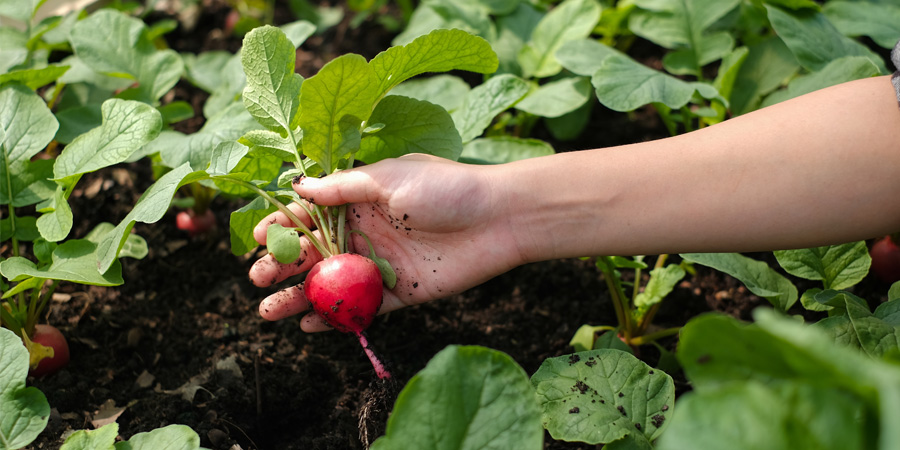
The Global Fruit & Veg Newsletter
The Global Fruit & Veg Newsletter est une revue mensuelle gratuite en anglais destinée aux professionnels de la santé dans lequel des chercheurs du monde entier contribuent à la rédaction d’articles. Aprifel vous offre l’accès à la base de données complète des revues Global Fruit & Veg depuis 2006 en format PDF. Une newsletter en français est également disponible.
The Global Fruit and Veg Newsletter (GFVN) is a monthly newsletter published since 2006 * throughout more than 30 countries involved in the promotion of the consumption of fruit and vegetables worldwide to improve Public Health. The articles published are scientifically based and come from the literature review. Doing so allows us to disseminate the scientific knowledge outside the box and share the work with more than 10 000 readers from other disciplines (Scientists, health professionals, F&V professionals, consumer associations, journalists and general public). *GFVN replaces the Ifava Scientific Newsletter


Effective interventions to increase fruit and vegetables consumption in children
While the health benefits of fruit and vegetables are well-known for children, their intake remains insufficient among this population. A growing number of interventions are designed to promote their intake at preschool age, as this stage of life may be an optimal time for dietary interventions.
Healthy diet, fruit and vegetables and type 2 diabetes
The prevalence of diabetes, predominantly type 2 diabetes goes on increasing worldwide.Type 2 diabetes is a real public health concern as it is associated with higher morbidity and mortality risks than other noncommunicable diseases such as cardiovascular disease.
Public policies to promote heathy and sustainable diets
The term “food systems” refers to all the elements and activities related to producing and consuming food, as well as their effects, including economic, health, and environmental outcomes. As highlighted in the OECD report Making Better Policies for Food Systems (OECD, 2021), food systems around the world are expected to simultaneously provide food security and [...]
Food in functional gastro-intestinal disorders: friend or foe?
Irritable bowel syndrome (IBS) is a functional gastrointestinal disorder. With an approximative global prevalence of 11.2%, IBS is a commonly diagnosed disorder that can have a substantial impact on patients’ quality of life as well as a huge economic impact on society
Soil, plants, animals, and human microbiota, what do they have to teach us?
Soil, plants, animals, and humans share microorganisms as different as viruses, bacteria, archaea, fungi, and protists, at a high taxonomic and functional levels. All these taxa and functions form specific communities called microbiota that play a crucial role contributing to health of humans and ecosystems.
Food behaviors, movement behaviors and sleep: what links?
Our lifestyles, i.e., diet, physical activity, sedentary behaviors and sleep, have long been known to have a direct impact on our physical and mental health. Indeed, physical inactivity, sedentary time and unhealthy diets figure among the four major risk factors of noncommunicable diseases responsible for 74% of all deaths worldwide.
Does plant-based necessarily mean healthy and sustainable?
As the Intergovernmental Panel on Climate Change recalls, diets based mostly on plant foods provide both health and environmental benefits. This statement especially applies to diets that are diversified, rich in raw products, consisted mainly of whole grains, fruit and vegetables, legumes, and nuts. However, a plant-based diet is not necessarily healthy.